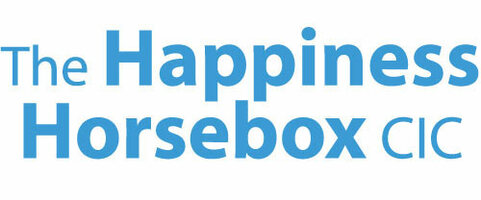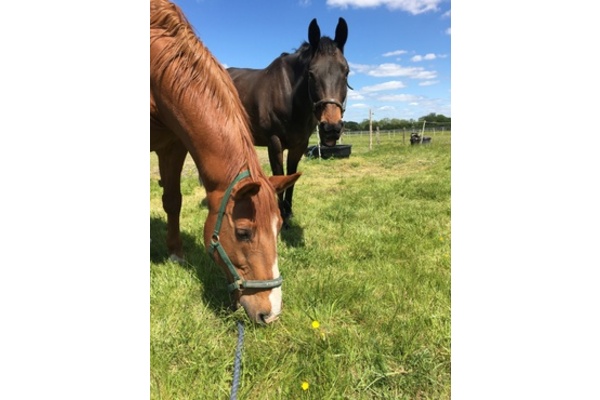Below are resources about the welfare of horses which we follow and refer to in our guidelines.
Horse care and welfare
The Equine Industry Welfare Guidelines Compendium is the first document of its kind to set out the minimum standards of care required to appropriately look after a horse. It does not form a statutory code, but is agreed by the industry to be the recommended best practice and where relevant legislation is applicable, it is highlighted in shaded boxes.
Click here to view the Equine Welfare Compendium in PDF format.
Bio-security measures
Whenever horses move between locations, even travelling to shows, there is an increased risk of disease. World Horse Welfare gives a useful summary of basic biosecurity measures here, including videos of measuring a horse's temperature, pulse and respiration.
When a disease outbreak such as Strangles or Equine Flu is notified, there are specific measures to be followed, including isolation and disinfection procedures. The Scottish SPCA and BHS has written this guidance for Strangles.
Horse transportation
The most important point about horse transportation is a safe vehicle and travelling conditions.
As a licensed horse transporter the vehicle is regularly tested, has HGV qualified drivers, and will not go out in dangerous weather conditions, such as high winds, snow or floods.
The first change to our vehicle was to put in a brand new aluminium floor. The choice was made to use full partitions so that the risk of injury between horses was minimised.
A summary of horse transportation research and best practice guidelines by Dr David Marlin can be found here
Rider Weight
Dr Sue Dyson has led a research team looking the impact on a horse's capability when carrying different rider weights. A summary of the research from the National Equine Forum is here
Clicker training
Positive reinforcement through clicker training is very effective to train horses to respond calmly to situations.
Did you know that equine vets have one of the highest injury risks of all civilian professions? To help address this serious issue the British Equine Veterinary Association (BEVA) produced a series of short videos, featuring vet and equine behaviourist Dr Gemma Pearson. She demonstrates quick and simple ways of teaching horses to be quiet, relaxed and safe for injections, clipping, worming, examinations and other veterinary procedures. Watch the 5 minute guides here



